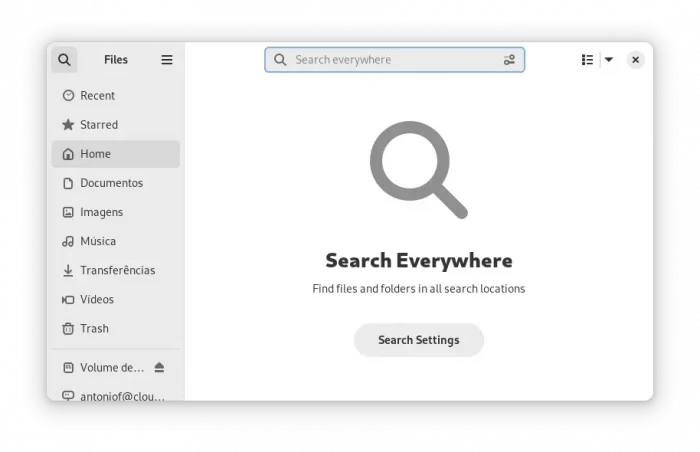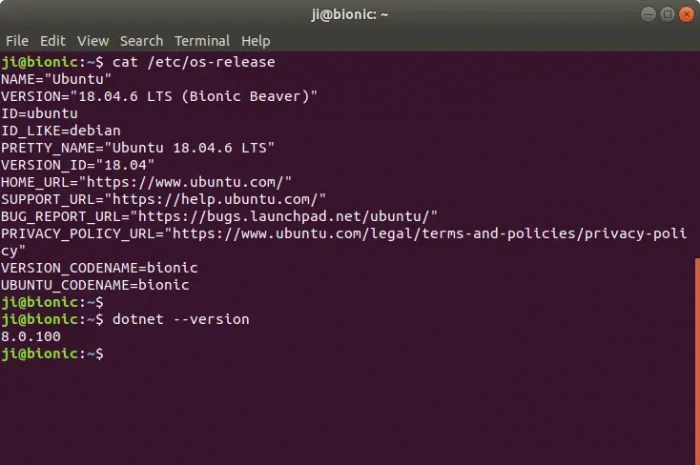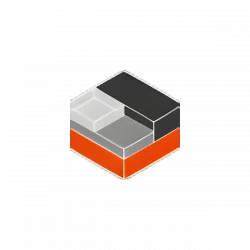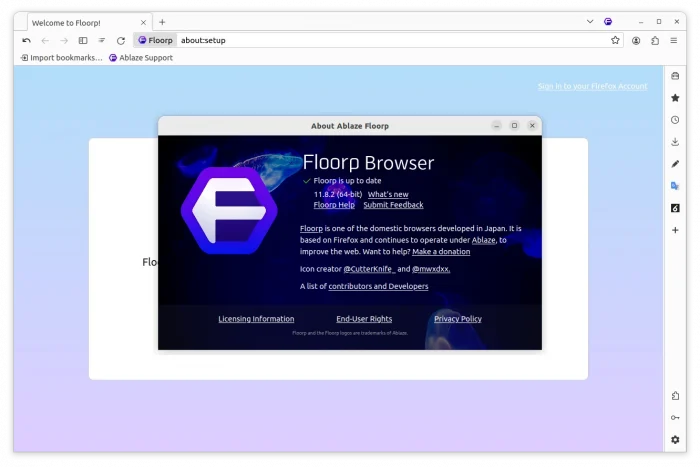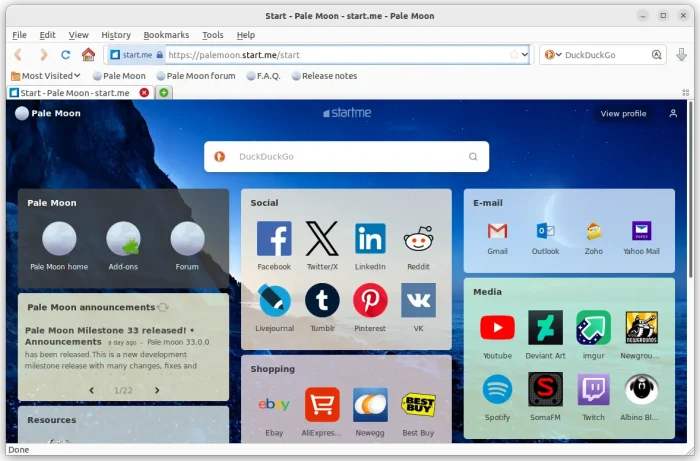GNOME 46 reached UI, ABI/API, and feature freeze stage today. Let’s see the top new features in this popular desktop environment.
GNOME 46 will be the default desktop environment for Fedora 40 Workstation, Ubuntu 24.04, and optional in Arch, Manjaro, etc Linux.
It continues polish the desktop appearance by redesigning the improving the core app experiences.
GNOME Files, aka Nautilus, to have explicit Global Search mode, allowing to find files and folders in all search locations. And a “Search Settings” button is available to filter search results.




